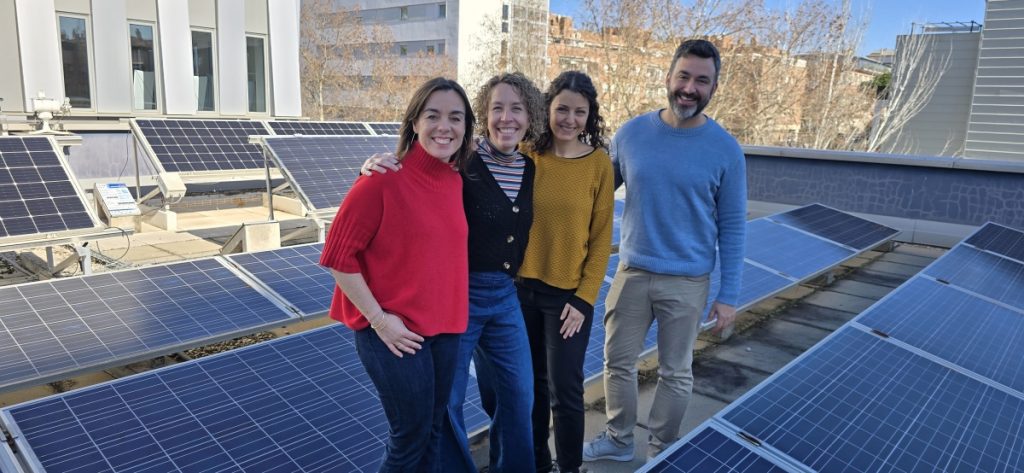
Terrassa Campus becomes a Living Lab to tackle climate change
The Terrassa Campus of UPC (Universitat Politècnica de Catalunya) is taking bold steps to lead the energy transition in university settings. As one of five campuses selected across Europe, it is now part of the eduPED project — a major European initiative to transform educational districts into Positive Energy Districts (PEDs).
Led at UPC by Professor Núria Garrido (ESEIAAT), together with researchers Roser Capdevila, Agnese Salvati and Carlos López, the project will explore how to reduce energy demand, maximise the use of local renewable energy sources, and improve climate resilience through smart refurbishment and nature-based solutions.
Backed by the Driving Urban Transition (DUT) funding programme and supported by the City of Terrassa and the Unite! European University alliance, eduPED turns the campus into a real-world lab where scientific research meets daily urban life. The goal? To co-create scalable strategies for the cities of tomorrow, by analysing urban morphology, improving energy systems, and simulating future climate scenarios.
“We want universities to lead the energy transition and act as catalysts for climate-positive neighbourhoods,” explains Professor Garrido.
The team is assessing the thermal behaviour of campus buildings, the effect of urban heat islands, and potential interventions to ensure thermal comfort even in extreme conditions like heatwaves. They’re also mapping the clean energy potential of the Vallparadís district, where the campus is located.
Beyond infrastructure, eduPED also brings a strong academic dimension. Engineering students at ESEIAAT will participate through bachelor’s and master’s theses, gaining experience with applied research in a real-life project that bridges education, climate action, and urban innovation.
Read the full article in Diari de Terrassa here.
